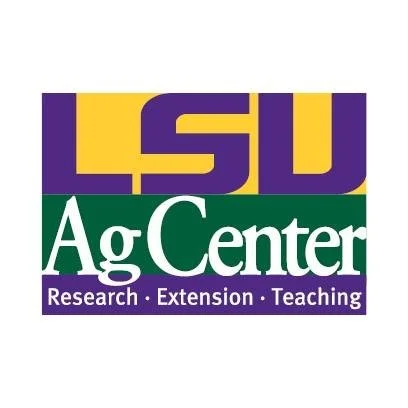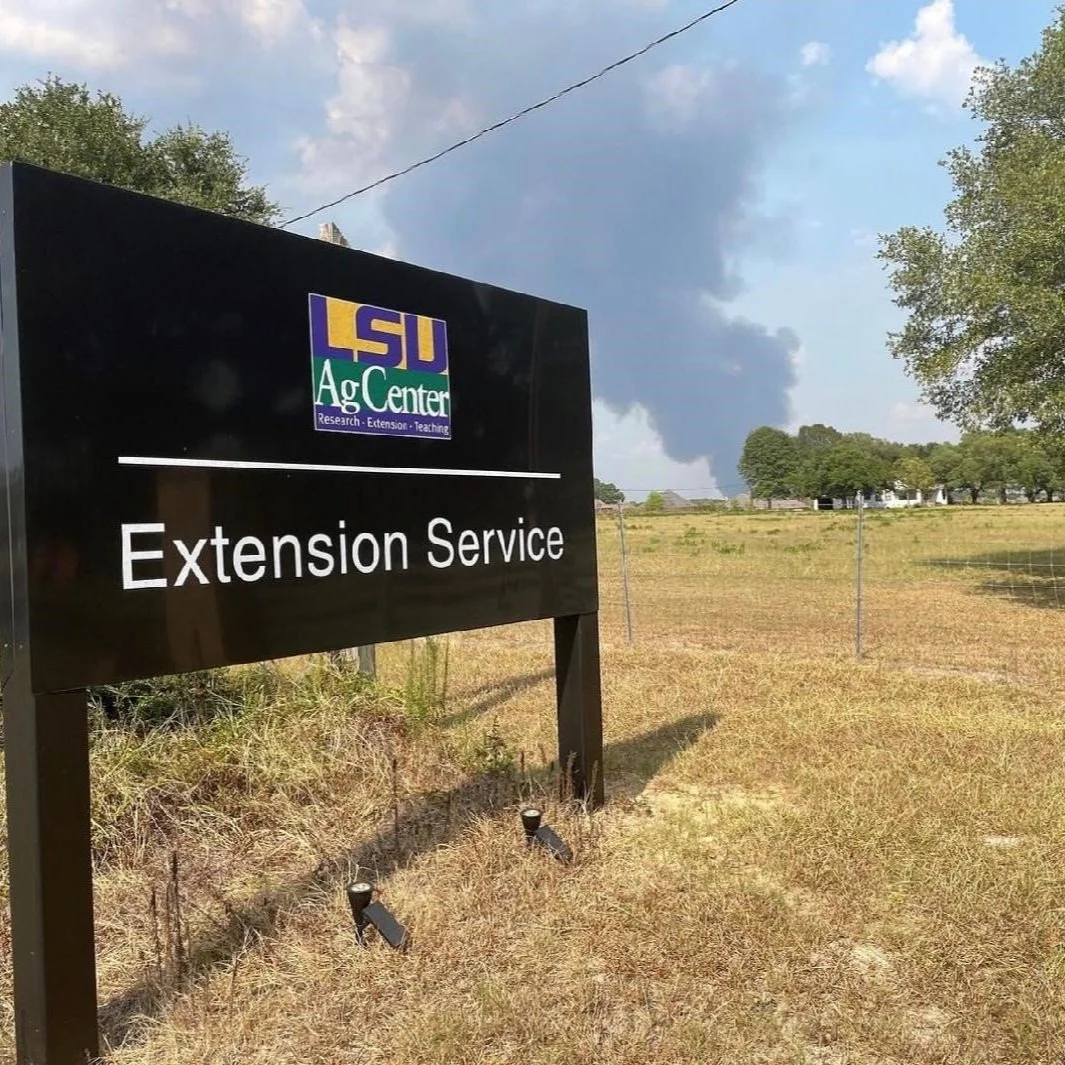Louisiana experienced extremely dry summer and fall seasons in 2023. According to the National Integrated Drought Information System, the worst drought continued from June to late September in the southern U.S., including Texas, Louisiana and Mississippi. This has put a strain on quality forage production
Read MoreA strong autumn cold front has swept through delivering a real taste of fall.
Unfortunately, that front pushed through as a 'dry' front. Given the current state of dryness/drought across Louisiana, conditions after the frontal passage will set that stage for increased wildfire threats.
Read MoreAccording to the findings of the 2020 Local Food Marketing Practices Survey, American farmers produced and sold $9 billion worth of edible commodities directly to consumers, retailers, institutions and intermediaries. This represented a 3% increase in direct food sales since 2015, with 33% of this economic activity being the result of direct-to-consumer food sales.
Read MoreKids growing up on farms in southern Louisiana date themselves according to hurricanes and sugarcane variety releases, Louisiana State University sugarcane specialist Kenneth Gravois jokes. 2024 will be known as the year of Hurricane Francine, and hopefully only Francine, as sugarcane producers race tropical storm season to finish out harvest with minimal crop damage.
Hurricanes are not a new obstacle to sugarcane production. The very nature of a tropical crop both harvested and planted during hurricane season demands hardiness.
Read MoreAfter having been initially extended last year until the end of fiscal 2024, the 2018 Farm Bill has expired. Many are wondering what lies in store for both farm and nutrition programs? A Farm Bill that expires is not quite the aberration some would take it to be. When the 2002 Farm Bill expired, portions of it were extended six times in the spring of 2008 for less than a year in total, according to the Congressional Research Service (CRS).
Read MoreThe Golden Boot Giving Challenge is back again this year, as the LSU College of Agriculture takes on the University of Arkansas Dale Bumpers College of Agricultural, Food and Life Sciences to see who can get the most donations (# of donors, not dollars) next week leading up to the LSU/Arkansas football game.
Read MoreThe motto of Washington-Marion Magnet High in Lake Charles is “Forward. Onward. Upward.” And that is precisely how sophomore Armund Wilson lives his life.
Wilson’s infectious optimism has helped grow 4-H — an organization he once didn’t know much about — in his high school, his community and even nationally.
Read MoreCow-calf operations are the heart of Louisiana’s livestock industry. Cattle in this sector spend much of their lives grazing perennial and annual pastures, so high-quality forage is important.
Summer 2023 was one of the hottest and driest in recent memory. The drought took a major toll on crop production, and everyone from sugarcane farmers to cattle ranchers felt the effects.
Read MoreSoil pH indicates whether lime is required but not how much. Lime is needed if the target soil pH, which varies by crop, is 0.2 units higher than the actual soil pH.
Buffer pH indicates how much lime is required. Soils with low buffering capacity (high buffer pH) and a small difference between initial and target pH values require less lime. Conversely, soils with high buffering capacity (low buffer pH) need more lime, even for small pH adjustments.
Read MoreTest the soil from each field regularly for every complete crop rotation or every two to three years before making any fertilization decisions.
Collect soil samples from 0 to 6 inches in depth and choose a lab that uses Mehlich-3 extractant.
Obtain fertilizer recommendations based on the soil test for specific crops from the respective state soil testing lab, as these recommendations vary by crop and state.
Read MoreLouisiana 4-H’ers are ready — ready to learn by doing; ready to get their hands dirty; ready to show up for their communities.
For more than 100 years, 4-H has been preparing youth from across the state to be ready for service, STEM, leadership and life.
Read MoreTodd Tarifa, who has spent his career educating Louisiana’s young people through organizations and in the classroom, was named interim associate director of youth development for the LSU AgCenter effective Oct. 1.
He now oversees both Louisiana 4-H and Louisiana FFA, which together reach nearly 126,000 youths.
Read MoreHumans began farming thousands of years ago, but a new study co-authored by two LSU professors says ants had us beat by millions of years.
LSU AgCenter mycologist Vinson P. Doyle and LSU Department of Biological Sciences professor Brant C. Faircloth lent their combined expertise to a study led by Smithsonian Institution entomologist Ted Schultz, which demonstrates that ants began farming fungi after an asteroid struck Earth 66 million years ago, causing a global mass extinction.
Read MoreIn rural Louisiana, food insecurity, poverty and obesity rates are often higher than national and state averages. These challenges make it difficult for residents to access nutritious food and safe communities for physical activity and active transportation, increasing the risk of preventable diseases like Type 2 diabetes and heart disease.
Read MoreComfortable early fall temperatures provided an ideal backdrop for a field day held Sept. 26 at Richard Farms in Kaplan, where attendees got a firsthand look at LSU AgCenter research projects focused on conservation practices.
Richard Farms, a rice and crawfish operation, is one of the model farms where AgCenter scientists are conducting research as part of a grant from the Patrick F. Taylor Foundation.
Read More














